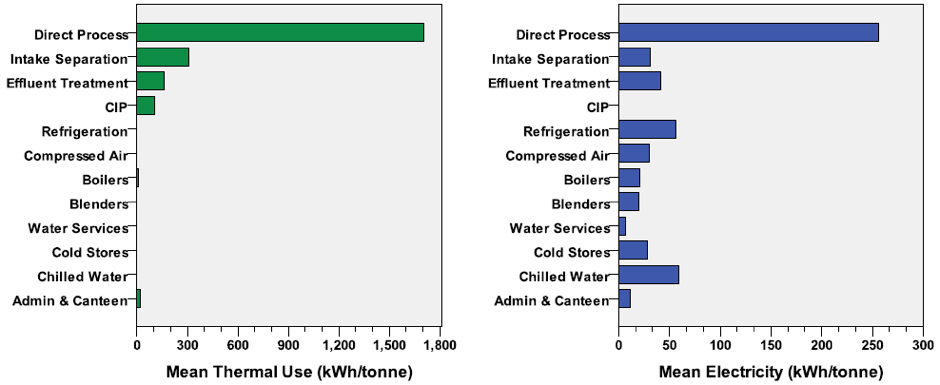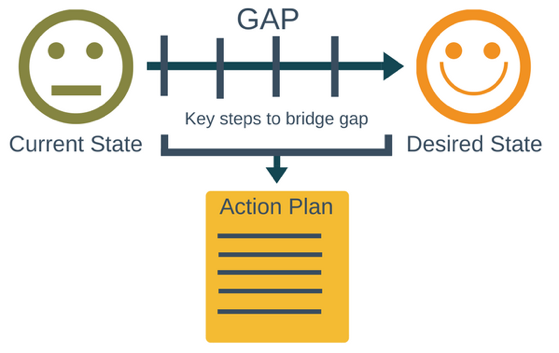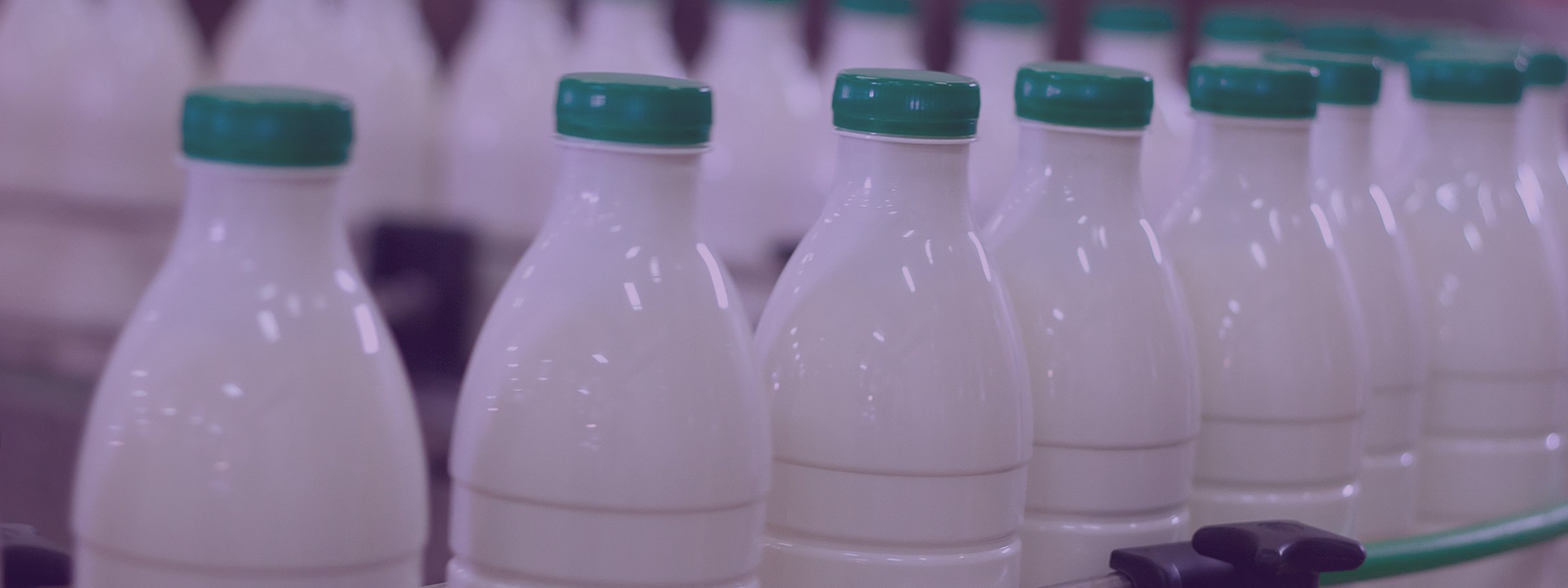Energy consumption in the dairy sector
The dairy industry uses thermal and electrical energy in several forms, such as steam, hot water, compressed air and chilled water to make a variety of products, including pasteurised milk, cheese, whey, butter and yoghurt.
To maintain their competitiveness, dairies ensure that all operational costs are kept as low as possible while maintaining high product quality.
Investing in energy efficiency and energy efficient technologies will provide energy savings and offer additional benefits, such as quality improvement, increased production, and increased process efficiency, all of which can lead to productivity gains.
Improving your process energy efficiency also will lead to a reduction in the environmental impact made by the dairy by reducing the emission of greenhouse gases and other air pollutants.
A typical dairy plant can save between 20% to 40% of its energy usage and cost. The table below shows the typical thermal and electrical energy usage in the dairy industry.
Click here to view one of our projects in the dairy industry.

Energy savings in the dairy sector
By studying processes involved in manufacturing the dairy products produced in your plant, and your utility systems, such as compressed air, process heating and water pumping, the Maximpact team can help you save between 20% to 40% of your energy usage and cost.
In our experience, 10% of energy savings can be achieved with small investments that will pay back within 1 year. Another 10% savings can be achieved with medium levels of investments and with payback periods of less than 2 years. Higher cost investments can achieve a further 10%-20% energy savings with typical paybacks in less than 4 years.
Our Services
Below are the energy efficiency services we provide. Contact us for more information on the services.
Comprehensive energy audit
This energy audit will cover all thermal and electrical process plant and utility systems. Our comprehensive energy audit specification will provide you with a detailed specification of our services and saving potential which is typically between 20% and 40% of your existing energy bills.
Data mining and process optimisation opportunities audit
Data mining can uncover a wealth of energy and process-saving opportunities in your industry. The ability to uncover patterns of inefficient energy use or poor process performance, and predict the energy-saving potential of utility and process improvements, will provide you with a strong competitive advantage. We can provide a gap analysis and recommendations as to the measures you need to take now to avail yourself of this new technology. We can advise you on the type of artificial intelligence systems and approaches that would best be applied to your specific process and utility systems.
New equipment energy efficiency specification
Are you considering purchasing a new filling machine or spray dryer or a new utility plant, such as a new air compressor or chiller?
If so, Maximpact can help ensure that your vendors supply you with efficient equipment that will save on the cost of running it over its entire lifetime. We can help you include energy efficiency specifications in your tender documents that will assure all bidders for your contracts of a level playing field.
Perform an energy management system gap analysis
We will study your existing energy management practices and determine what gaps must be bridged in order for you to implement an energy management system such as that provided by the modern international energy standard ISO 50001. This is called a gap analysis study.

Training in energy awareness
Maximpact provides employee training in energy awareness associated with good plant operational practices.
ISO 50001 full implementation support
We provide support for full implementation of the energy management systems ISO 50001 in your factory.
Feasibility study
We provide for a feasibility study for the use of a combined heat and power system on the site.
Plant resilience audit and recommendations action plan
How prepared are your manufacturing processes and utility systems to cope with weather extremes caused by global warming?
Are your manufacturing and utility systems capable of coping with climate extremes such as the polar vortex over the northern United States in December 2022 that came with temperatures as low as -50⁰C?
The purpose of our resilience study is to determine how exposed your manufacturing and utility systems are to the weather extremes that will be felt throughout the world due to climate change.
These extremes are occurring right now throughout the world. It was common practice in the past to design processes for specific minimum low, ambient low, and high temperatures based on weather statistics averaged over 50 to 100 years. Global warming has changed these statistics, yet many design engineers have not kept pace.
We have formulated an efficient approach to assess your process and utility systems and their resilience to climate change. Don’t wait until your process vulnerabilities become apparent as extreme storms sweep your location, costing you a fortune in lost production time and product output. Act now and be prepared.
Renewable Energy for the Dairy Sector
- A feasibility study of the installation of solar thermal heating for domestic hot water use.
- A feasibility study of the installation of solar photovoltaic systems to displace imported grid power.
- A feasibility study for utilising a renewable energy boiler to produce domestic hot water and for process heating using biofuels such as wood pellets or other renewable energy sources.
- A feasibility study for installing a gas-fired co-generation or tri-generation system to supply electricity, heating and cooling in the factory.
- A study of the feasibility of using waste products from dairy processes that are high in biological oxygen demand. These wastes can be used to produce methane gas in an anaerobic digester. This methane gas can be used to run a co-generation or tri-generation system that will supply hot water, steam and cooling water to the dairy, replacing expensive grid power.


